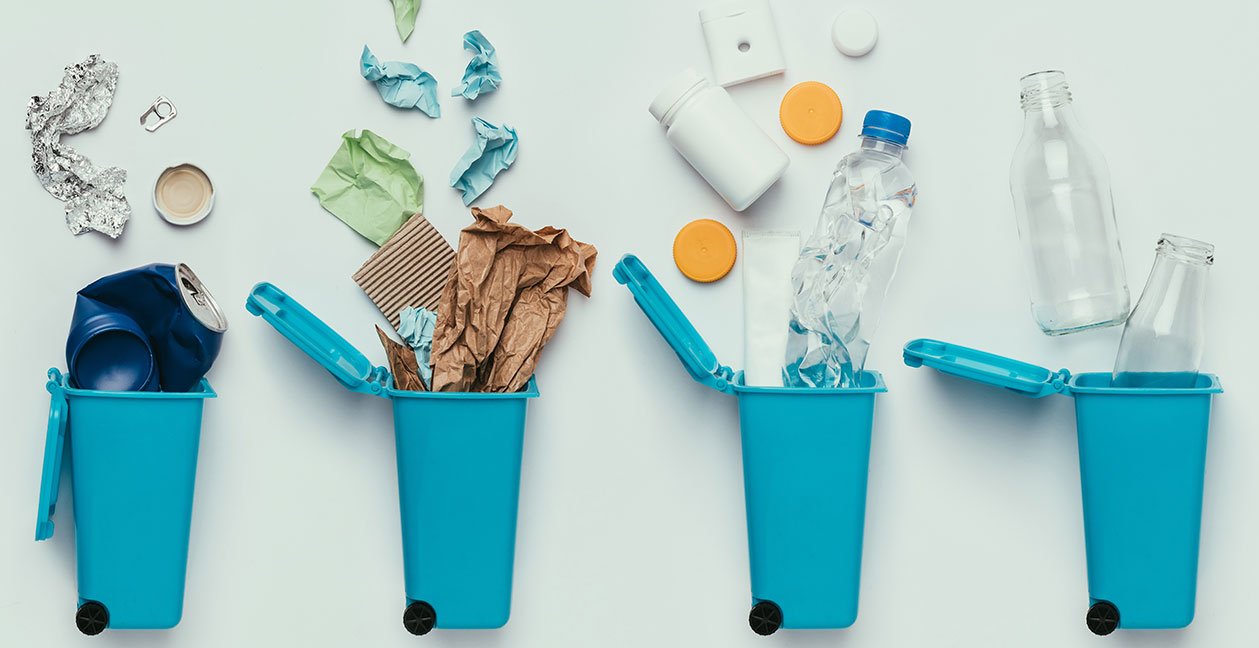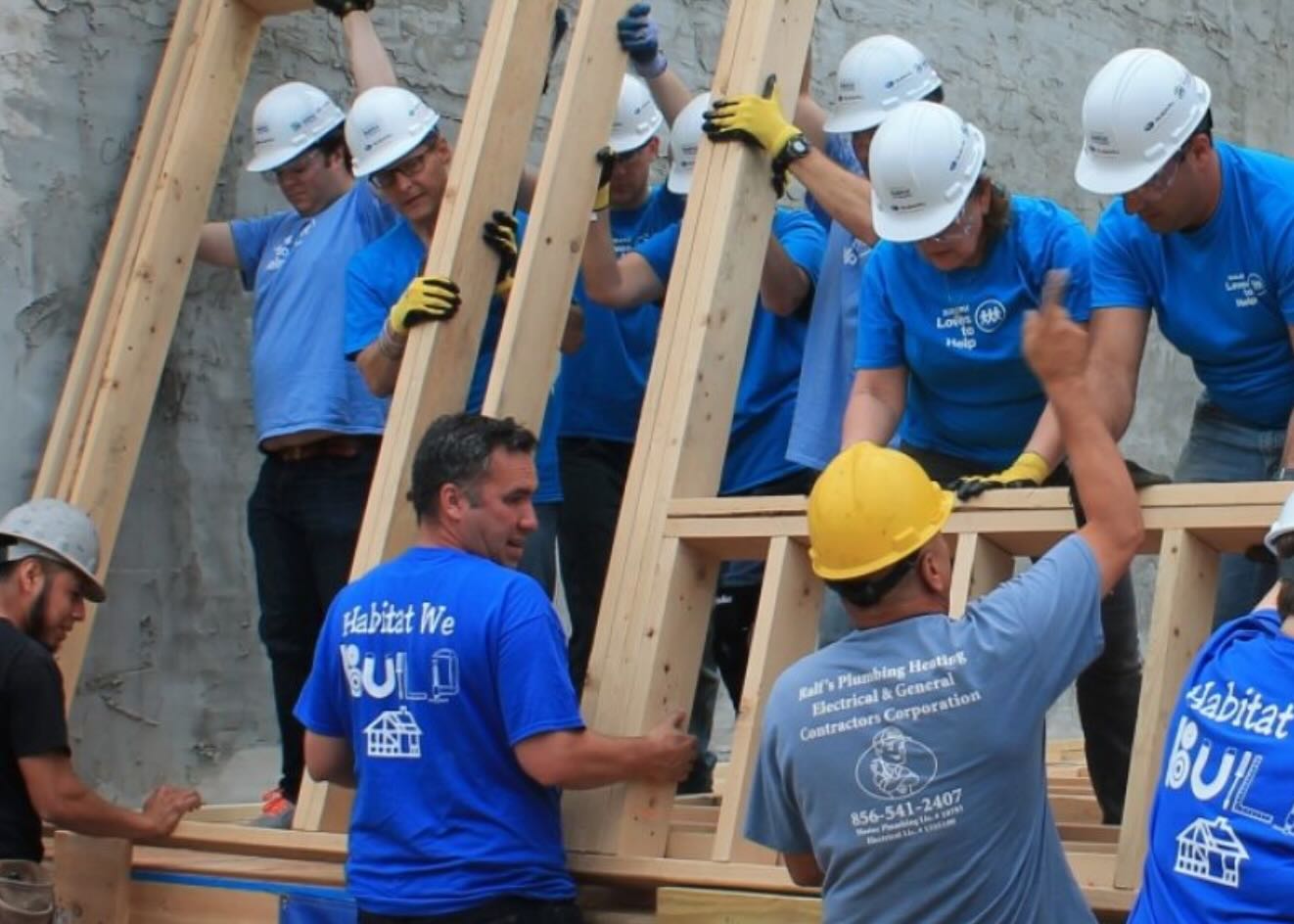There are two sides to any story, even during pandemics. While social distancing and the subsequent shutdown of entire industries have been unwelcome consequences, they have also helped heal the environment at levels thought too idealistic only a few months ago.
As more Americans work remotely and lean heavier on recycling, smog has been lifted from major metropolitan cities across the country. The pandemic is not just a reminder of our nation’s resilience; environmental practices should continue well after the current crisis subsides, inspiring business leaders and consumers to strive for a cleaner and less wasteful world.

Los Angeles is a prime example of the incredible impact that the coronavirus outbreak has had on the environment. Satellite images have found less nitrogen dioxide over California, where residents have reported being able to see constellations for the first time during the day. Dutch scientists have likewise reported that pollution has decreased by as much as 50 percent in many major European cities.
Our company, Pace Glass, has noticed a 30 to 50 percent uptick in curbside recycling over the last few weeks. Before COVID-19, many businesses and commercial enterprises didn’t have effective recycling systems set up; a Financial Times report found that the U.S. exported 30 percent less plastic scrap in the first half of 2018, compared to a year prior, with much of the material ending up in landfills.
But curbside recycling in residential areas has been a beloved practice since it was first popularized in the U.S. during the 1980s. With social distancing and large swaths of the American workforce now relegated to their homes, we have had to reroute our recycling trucks to focus on this surge. People are consuming most of their resources in one area (their homes), which often use packaging that needs to be recycled.

Despite this uptick in such a crucial service, political leaders are making it less accessible. In New York City, Mayor Bill de Blasio has slashed government-funded collection services by $21 million, in a move experts are saying will set the recycling industry back a decade. The policy is eerily reminiscent of one led by Mayor Rudy Giuliani in the aftermath of the 9/11 attacks, in which the city temporarily suspended collection services—causing recycling rates to plummet over the next decade.
Now, more than ever, leaders need to recognize the silver lining of our current moment and use this time to take concrete actions to build a more sustainable world. We are in a unique, unprecedented position to tackle some of the most pressing global issues surrounding pollution, climate change and waste practices. The first step involves looking at what’s to comes after the current pandemic.
George Valiotis is the founder and CEO of Pace Glass. Prior to founding his recycling company, he was president of development and acquisitions at Alma Realty Corp., one of the largest holders of real estate in the tri-state area.






